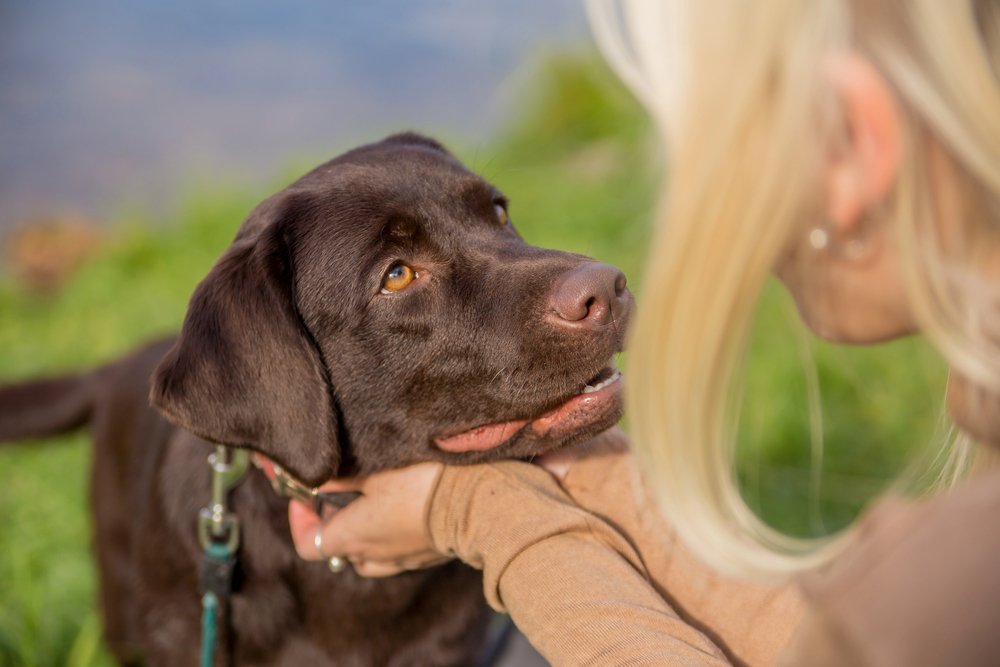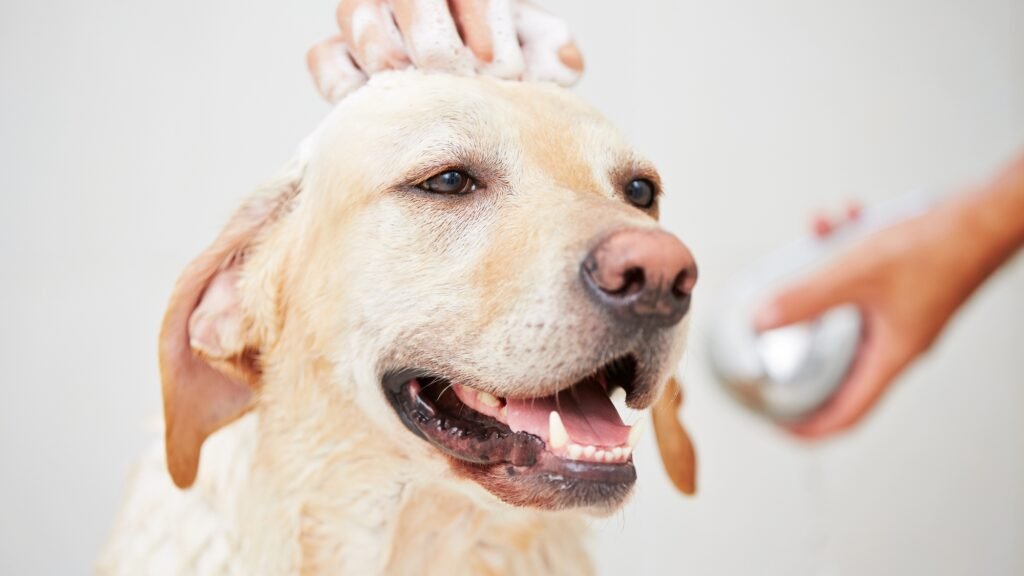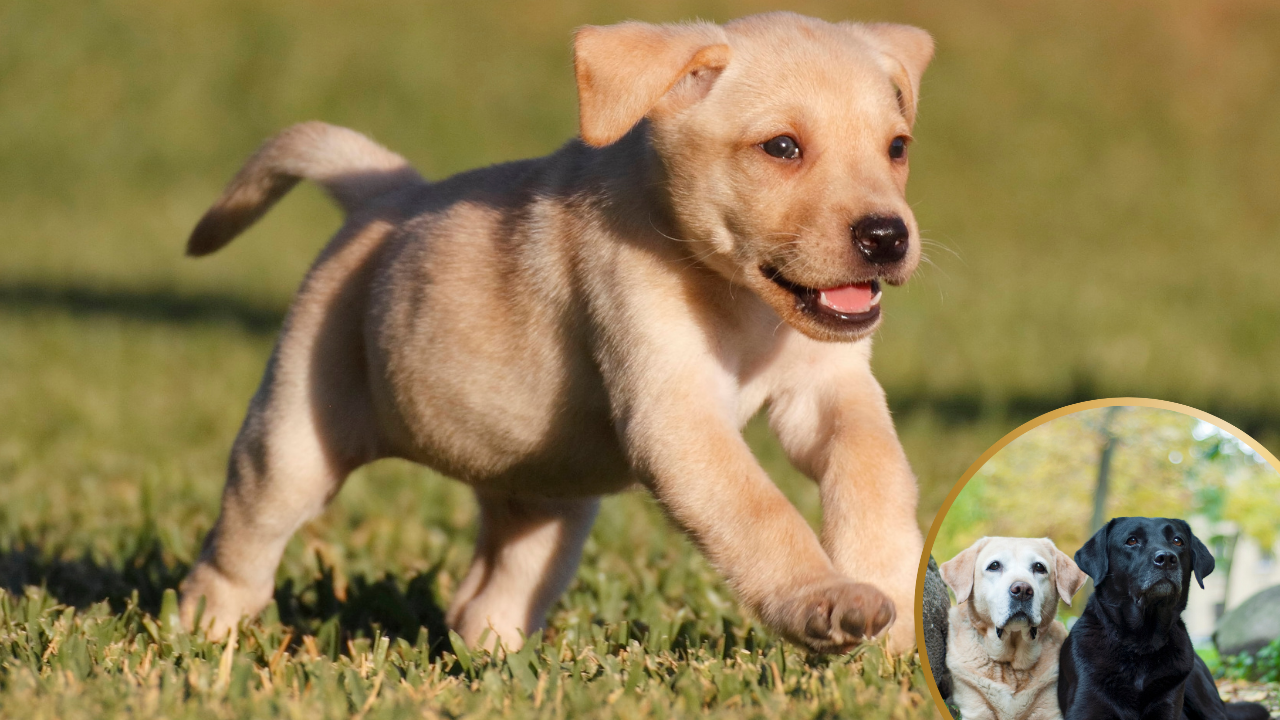Labrador Retrievers are one of the most popular dog breeds worldwide, known for their friendly nature, intelligence, and versatility. Whether you’re a first-time dog owner or a seasoned pet parent, understanding how to properly maintain your Labrador Retriever is essential for their well-being and happiness. In this article, we’ll explore key areas such as diet, exercise, grooming, and overall health care to ensure your Labrador leads a fulfilling life.
Understanding Labrador Retriever Temperament

Labradors are renowned for their affectionate and intelligent nature. They thrive in social environments and are highly trainable, which makes them excellent family pets and service dogs. Understanding their temperament is the first step in ensuring they are well-adjusted and happy. Consistent training and lots of socialization are crucial for maintaining their gentle demeanor.
Feeding Your Labrador Retriever

Proper nutrition is vital for a Labrador’s health. These dogs have a tendency to overeat, which can lead to obesity and other health issues. It’s important to provide a balanced diet with high-quality dog food, ensuring it meets their age, weight, and activity level requirements. Regular feeding schedules and portion control can help maintain a healthy weight.
The Importance of Exercise

Labradors are energetic dogs that require regular exercise to stay healthy and prevent behavioral problems. Daily activities can include walks, playing fetch, swimming, or agility training. Exercise not only keeps them fit but also provides mental stimulation, reducing boredom and destructive behaviors.
Grooming Your Labrador Retriever

Though Labradors have a short coat, they shed considerably. Regular brushing—preferably weekly—will help manage shedding and keep their coat healthy. Baths are necessary but not excessively frequent; once every month or two should suffice unless they get particularly dirty. Regular grooming helps keep skin issues at bay and provides an opportunity to check for any abnormalities.
Dental Care for Labradors

Dental hygiene is often overlooked but is essential in preventing dental diseases that can affect a Labrador’s overall health. Routine brushing of their teeth and providing dental chews can help maintain their oral health. Regular vet check-ups will ensure any dental issues are caught early.
Health Checks and Vaccinations

Regular veterinary visits are crucial for maintaining your Labrador’s health. Keeping up with vaccinations and preventative treatments for parasites like fleas and ticks is essential. Your vet can also perform health checks to catch any genetic issues early, as Labradors are prone to certain conditions such as hip dysplasia and eye disorders.
Mental Stimulation and Training

Labradors are intelligent dogs that benefit from mental stimulation. Providing puzzle toys, obedience training, and learning new tricks can keep their minds sharp. Consistent training should begin early, reinforcing positive behaviors with rewards. Remember, a well-trained dog is a happy dog.
Socialization and Behavioral Aspects

Socialization from a young age is crucial for Labrador Retrievers to develop into well-rounded adults. Exposure to different environments, people, and other animals will help reduce fear and aggression. Labrador Retrievers are typically social and thrive around people and other pets, but structured socialization will ensure they handle various situations calmly.
Creating a Safe and Comfortable Environment

A comfortable living space contributes significantly to the well-being of your Labrador. They need a designated space to relax, away from household chaos. Ensure their environment is safe, free from hazards, and includes access to clean water, nutritious food, and toys to engage them physically and mentally. Maintaining a Labrador Retriever involves commitment and understanding of their specific needs. By providing adequate nutrition, exercise, medical care, grooming, and training, you can ensure your Labrador leads a healthy, happy life as your loyal companion. Remember, every Labrador is unique, so always tailor your care approach to best suit your dog’s individual personality and requirements.

Andrew Alpin from India is the Brand Manager of Doggo digest. Andrew is an experienced content specialist and social media manager with a passion for writing. His forte includes health and wellness, Travel, Animals, and Nature. A nature nomad, Andrew is obsessed with mountains and loves high-altitude trekking. He has been on several Himalayan treks in India including the Everest Base Camp in Nepal.






